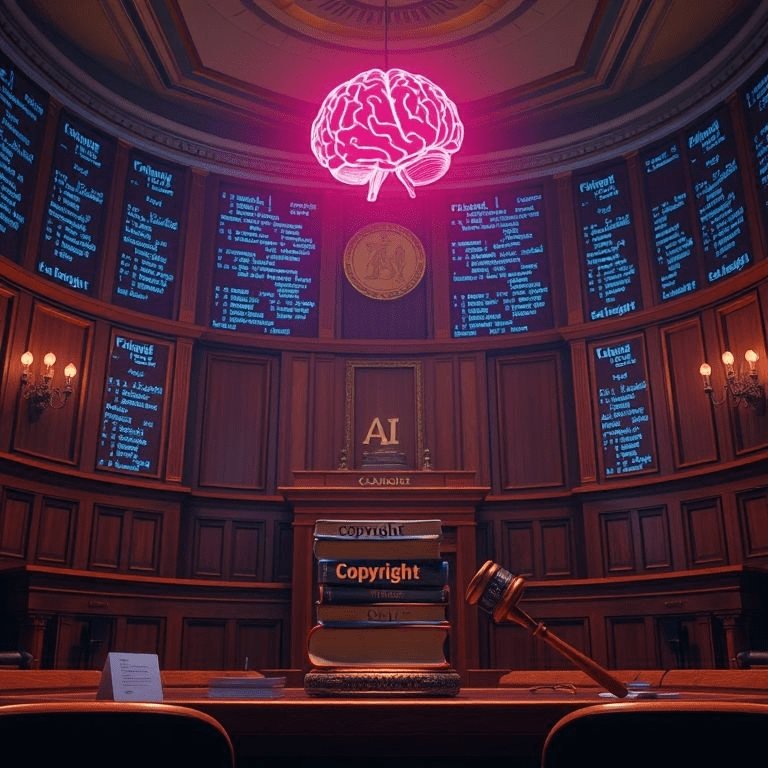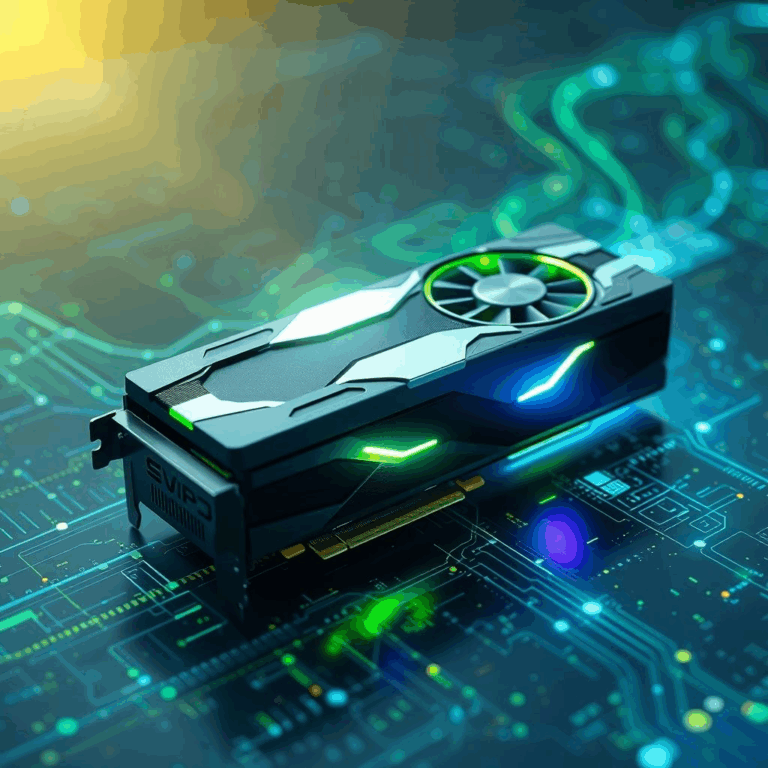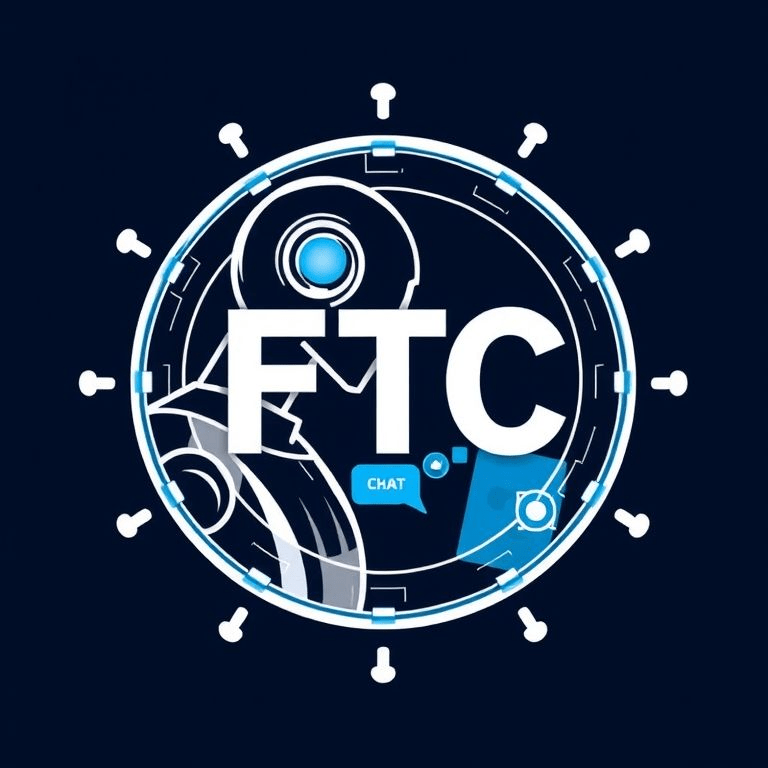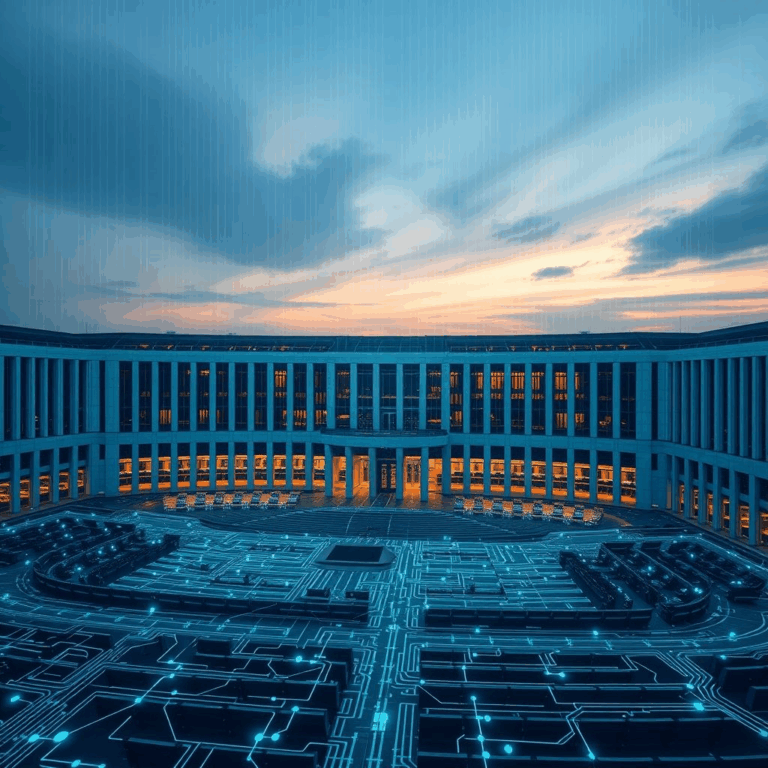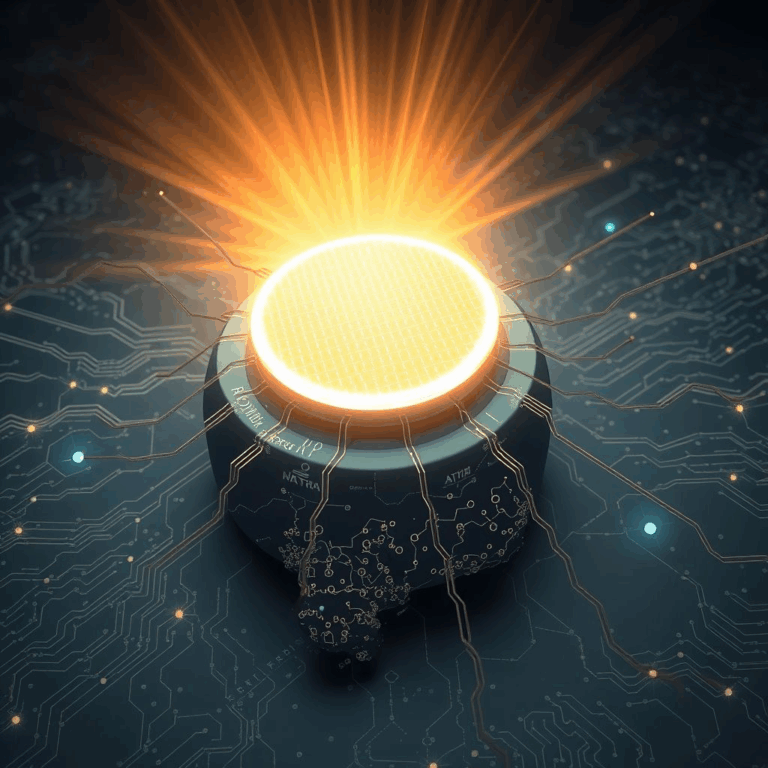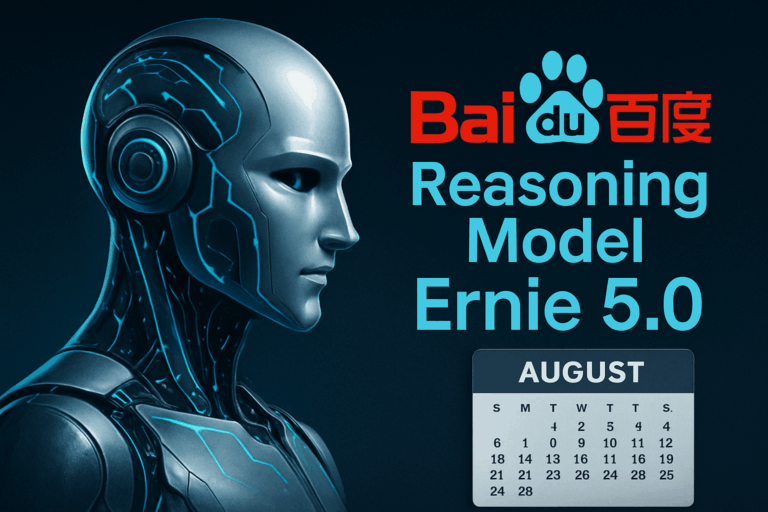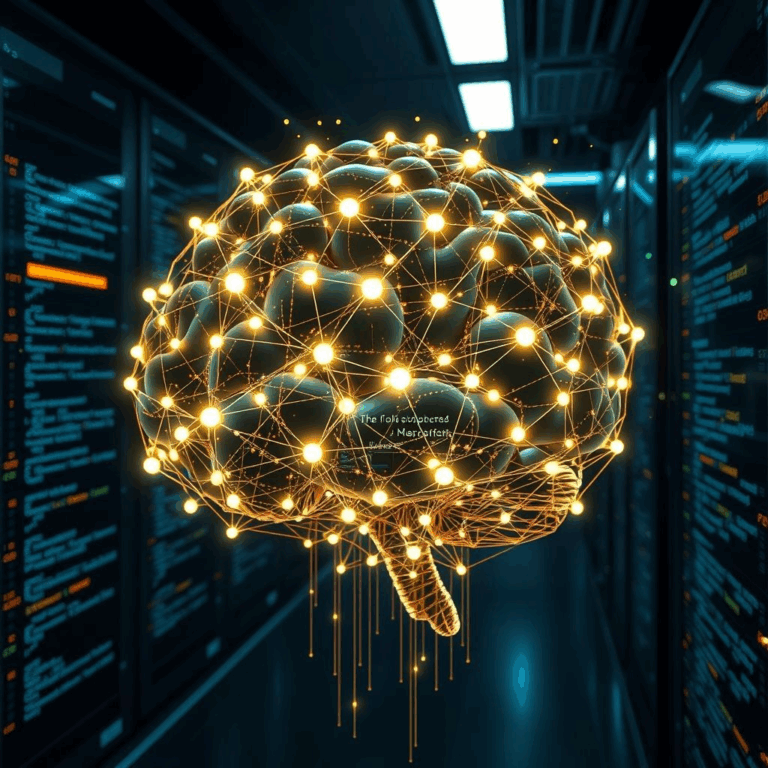Anthropic’s $1.5 Billion Copyright Settlement Reshapes the AI Industry
Anthropic, the artificial intelligence company best known for developing the Claude family of language models, has reached one of the largest settlements in the history of generative AI litigation. On September 8, 2025, reports confirmed that the company agreed to pay $1.5 billion to resolve multiple lawsuits tied to allegations of copyright infringement in the creation of its AI training datasets.
This anthropic copyright settlement represents a watershed moment for the AI industry, signaling both the financial risks of training models on copyrighted data and the urgent need for clearer licensing frameworks.
Background: How Training Data Sparked Legal Battles
Generative AI systems, such as large language models (LLMs), rely on massive datasets — often billions of text documents, images, audio clips, and videos — scraped from the internet. While such data collection has fueled rapid progress, it has also raised concerns among authors, artists, journalists, and publishers who argue that their copyrighted works were used without permission or compensation.
Over the past two years, lawsuits against major AI developers like OpenAI, Stability AI, and Anthropic have grown in number and scope. Creators alleged that AI companies engaged in “unlicensed mass ingestion” of copyrighted content, effectively treating the web as an unrestricted training ground.
Anthropic was a key target of such claims, with lawsuits pointing to copyrighted books, music lyrics, and journalistic content appearing in training datasets. Critics argued that without robust licensing agreements, AI firms were effectively profiting from the unpaid labor of creative industries.
The Settlement: What’s Known So Far
While Anthropic has not disclosed every detail, insiders report that the $1.5 billion settlement is structured to cover multiple claimants, including publishers, authors, and visual artists. The deal is designed to prevent prolonged legal battles, which could have delayed product development and rattled investor confidence.
Unlike smaller licensing agreements, the anthropic copyright settlement is broad — intended to resolve a wide portfolio of claims at once. Analysts suggest that Anthropic may also have negotiated ongoing licensing arrangements as part of the deal, though details remain under wraps.
Legal observers note that this is not just a financial hit but a precedent-setting event, showing that copyright holders can leverage lawsuits into multibillion-dollar outcomes.
Reactions from the Industry
The settlement sparked swift reactions across the tech and creative industries.
- Content Creators: Many authors and publishers celebrated the outcome as a victory for intellectual property rights. A representative for a coalition of authors described it as “the first real acknowledgment that creators deserve compensation when their works power AI systems.”
- AI Companies: Competitors are concerned about the precedent. If Anthropic had to pay $1.5B, other firms might face similar or larger claims. OpenAI and Stability AI are already in active legal disputes, meaning they may now face pressure to settle rather than risk jury trials.
- Investors: Venture capitalists acknowledged that the settlement creates short-term pain but could stabilize the industry long term. Investors prefer predictable licensing frameworks to prolonged legal uncertainty.
Implications for the AI Ecosystem
The anthropic copyright settlement is more than just a legal matter; it reshapes the commercial dynamics of AI development.
- Rising Costs for AI Developers:
Settlements of this scale could make AI development far more expensive, as companies must now account for licensing fees or settlements. This might raise barriers to entry for startups, concentrating power among well-funded firms. - Birth of Licensing Marketplaces:
Industry insiders expect the creation of AI dataset licensing marketplaces — platforms where publishers and creators can license their works to AI firms for training purposes. This could standardize payments and create a new revenue stream for media industries. - Regulatory Momentum:
Lawmakers in the U.S. and EU are watching closely. A settlement of this size may spur new regulations requiring transparency in training datasets, mandatory licensing, or creator opt-out registries. - Impact on Model Performance:
Stricter data licensing could limit the diversity of training corpora, potentially slowing progress in model capabilities. However, it could also drive innovation in synthetic data generation as companies seek alternatives.
Expert Commentary
“Settlements like these are both a warning and an opportunity,” said a digital copyright law professor at Stanford. “The warning is that AI firms cannot operate in a legal vacuum. The opportunity is that we may finally see standardized licensing frameworks that balance innovation with creator rights.”
Another industry analyst commented: “$1.5B sounds enormous, but it may be cheaper than fighting years of lawsuits across multiple jurisdictions. It provides clarity and resets the playing field.”
Future Outlook: The Road Ahead
The anthropic copyright settlement is unlikely to be the last major case. Several lawsuits against OpenAI and other AI firms are still pending, and creators’ organizations are emboldened by Anthropic’s payout.
In the coming year, expect to see:
- More settlements or licensing deals with major AI developers.
- Regulatory proposals in the U.S. Congress and European Parliament focusing on AI training transparency.
- Industry-led initiatives to build shared datasets with clear licensing.
- Increased demand for attribution tools that track whether an AI model output is derived from specific copyrighted works.
Ultimately, the settlement signals that the AI industry is moving from a “wild west” data phase into a regulated, licensed era where creators and developers must negotiate fairly.
For Anthropic, the price is steep, but it may secure the company’s ability to continue developing models without the shadow of protracted legal battles. For creators, it’s a sign that their intellectual property has leverage in the age of artificial intelligence.

